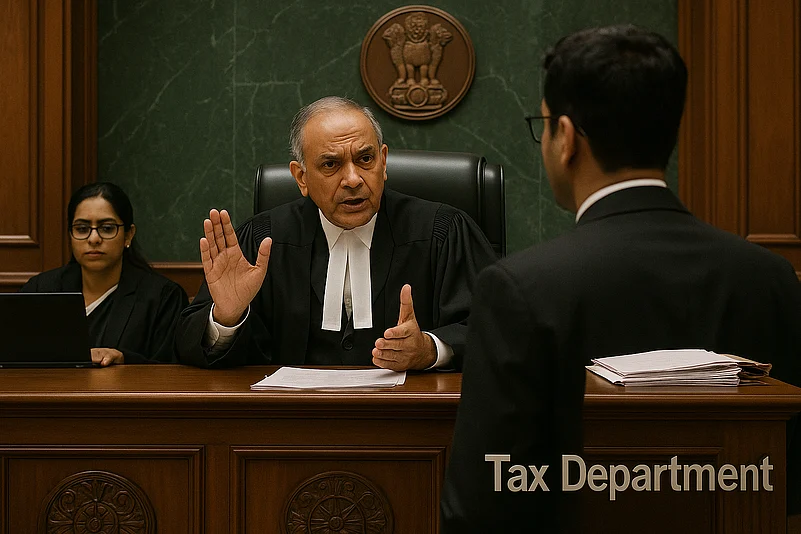
Summary of this article
Delhi High Court orders 53 per cent interest on Rs 6.42 lakh delayed tax refund
Court says refund delays violate taxpayer rights and must attract penalties
Verdict signals stronger accountability and compensation for administrative inaction
Taxpayers urged to track refund timelines and maintain communication records
In a striking order, the Delhi High Court has told the Income Tax Department that delays in paying legitimate refunds won’t go unpunished. The court directed the department to pay 53 per cent interest on a refund amount of Rs 6.42 lakh, according to a report by The Economic Times. The figure itself turned heads, but what matters more is the principle behind it. The court made it clear that when the state sits on a citizen’s money, it must pay for the loss caused by that inaction.
For years, taxpayers have quietly borne the brunt of refund delays. Files move slowly, acknowledgements take time, and even when assessments are complete, payments can remain pending for months. The High Court’s order cuts through that complacency. It recognises that delays have real consequences, money loses value, and taxpayers are forced to wait for what is already theirs.
A Signal For Accountability
The case involved a taxpayer who had been waiting for an extended period for the refund to be processed. Taking note of the delay, the court ruled that interest must be paid as compensation, not as a goodwill gesture. The 53 per cent figure, though exceptional, drives home the larger point that administrative inefficiency cannot be cost-free.
Tax professionals say the verdict could become a reference point in similar disputes. The tax department’s job isn’t over once a refund is sanctioned; it must also see that the money reaches taxpayers without unreasonable delay. For taxpayers, this could mean a stronger footing when pursuing delayed claims.
What It Means For Taxpayers
For individuals, the message is clear: a refund is not a favour from the government. It’s a right, and if that right is delayed, compensation follows. Financial advisors suggest that taxpayers keep records of correspondence and timelines, so they can make a case if the department fails to act.
For the tax department, the court’s order serves as a sharp reminder. Refund delays, long seen as part of the routine, can now carry a real cost, both legal and financial. The ruling is likely to nudge officials to tighten their systems and move files faster. It also underlines a basic truth: when public money is involved, efficiency isn’t optional.
By insisting on accountability and putting a price on delay, the court has done what bureaucracy often hesitates to do: treat taxpayers fairly.













